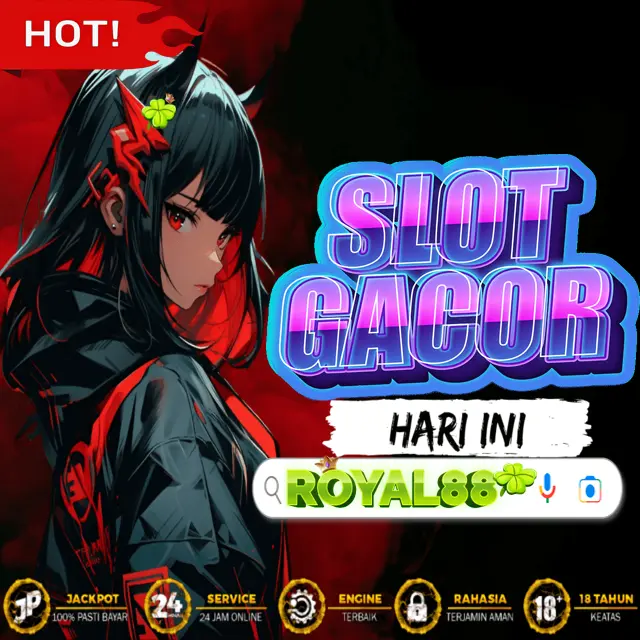1
/
of
1
Royal88 Situs Daftar Slot Toto & Link Slot Gacor Hari Ini Anti Nawala Anti Rungkat
Royal88 Situs Slot Toto Terpercaya 2024
Regular price
Rp 25.000,00 IDR
Regular price
Sale price
Rp 25.000,00 IDR
Unit price
/
per
Couldn't load pickup availability
Situs judi Daftar Slot Toto Situs slot gacor 4d anti nawala Royal88. Tolak kekalahan sampai rungkat hanya karena termakan janji manis marketing situs judi online yang menawarkan pola gacor atau kode curang.
Situs Slot Toto Royal88 hadir untuk anda yang sedang mencari situs gacor dengan persentase kemenangan yang besar. Royal88 juga memiliki bocoran info games seru yang bisa anda mainkan untuk mendapatkan jackpot x500. Tidak hanya itu kami juga memberikan design judi slot toto yang elegan dan ramah untuk semua penggemar permainan judi slot online di Royal88.
Kami juga merupakan tempat bermain judi slot online dan paling gacor di Indonesia yang bisa anda mainkan untuk mendapatkan bonus gacor anti rungkat pastinya. Disini memiliki beragam permainan toto slot gacor yang lengkap yang bisa anda gunakan dengan persentase kemenangan yang cukup besar di setiap putarannya.



